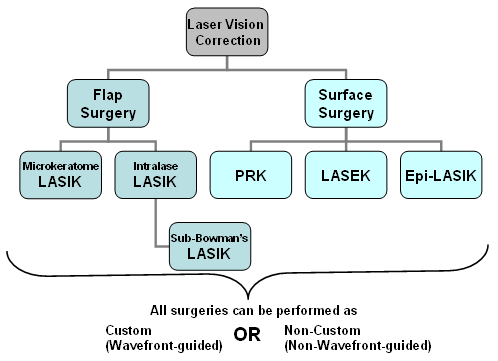Refractive Lens Exchange: A Complete Guide To Improved Aesthetic Quality
Refractive Lens Exchange: A Complete Guide To Improved Aesthetic Quality
Blog Article
Material Develop By-Edmondson Kessler
If you're over 40 and having problem with vision problems like hyperopia or myopia, Refractive Lens Exchange (RLE) might be worth taking into consideration. This treatment replaces your all-natural lens with a synthetic one, possibly decreasing your dependancy on glasses. While the advantages are appealing, it's critical to understand the threats and qualification demands. What should you understand prior to choosing that could alter your vision permanently? Allow's explore this subject even more.
Recognizing Refractive Lens Exchange
Understanding Refractive Lens Exchange (RLE) can be important for those thinking about vision modification choices.
RLE is an operation that replaces your eye's natural lens with a man-made intraocular lens. It's largely targeted at dealing with extreme refractive mistakes, such as hyperopia, nearsightedness, or presbyopia.
During the treatment, your doctor will remove your over cast or clear lens and replace it with a lens tailored to your vision needs. This choice is commonly considered for individuals over 40 that may not be suitable prospects for LASIK.
By choosing RLE, you're not just improving your vision; you're additionally possibly decreasing your dependence on glasses or contact lenses.
Understanding exactly how RLE jobs will certainly equip you to make enlightened choices concerning your vision health and wellness.
Benefits and Risks of RLE
Selecting RLE not only supplies a chance to boost your vision yet likewise features its very own collection of benefits and dangers.
One substantial advantage is the potential for clearer vision, reducing or removing your reliance on glasses or contact lenses. You might also experience a wider range of vision, particularly if you opt for multifocal lenses.
However, there are cataract surgery to reduce eye pressure entailed, such as infection, problems throughout surgical procedure, or dissatisfaction with the results. Some clients experience visual disturbances like halos or glow.
It's important to consider these advantages and threats very carefully. Consulting with your eye care expert can help you make an enlightened choice that aligns with your vision objectives and way of life.
Qualification Criteria for Refractive Lens Exchange
Prior to considering Refractive Lens Exchange (RLE), it's important to identify if you fulfill the eligibility standards. Typically, why is cataract surgery elective 're a good candidate if you more than 40 years old and have a steady prescription.
You should additionally be experiencing refractive mistakes like nearsightedness, hyperopia, or presbyopia. It's important to have healthy eyes without any substantial diseases, such as cataracts or glaucoma.
In addition, you need to remain in great general health and not have any kind of problems that might influence healing, like unrestrained diabetes mellitus. If you wear call lenses, you may require to stop using them for some time prior to your analysis.
Consulting with an eye care expert will aid you comprehend your specific scenario and whether RLE is right for you.
Verdict
Finally, refractive lens exchange can change your vision and reduce your dependence on glasses or get in touches with. While it provides various advantages, it's important to recognize the risks and guarantee you satisfy the qualification criteria. Consulting with what to expect a week after cataract surgery will aid you make an informed decision tailored to your needs. If you're taking into consideration RLE, take the time to explore your options and go over any type of worries, paving the way for clearer, extra vivid sight.
